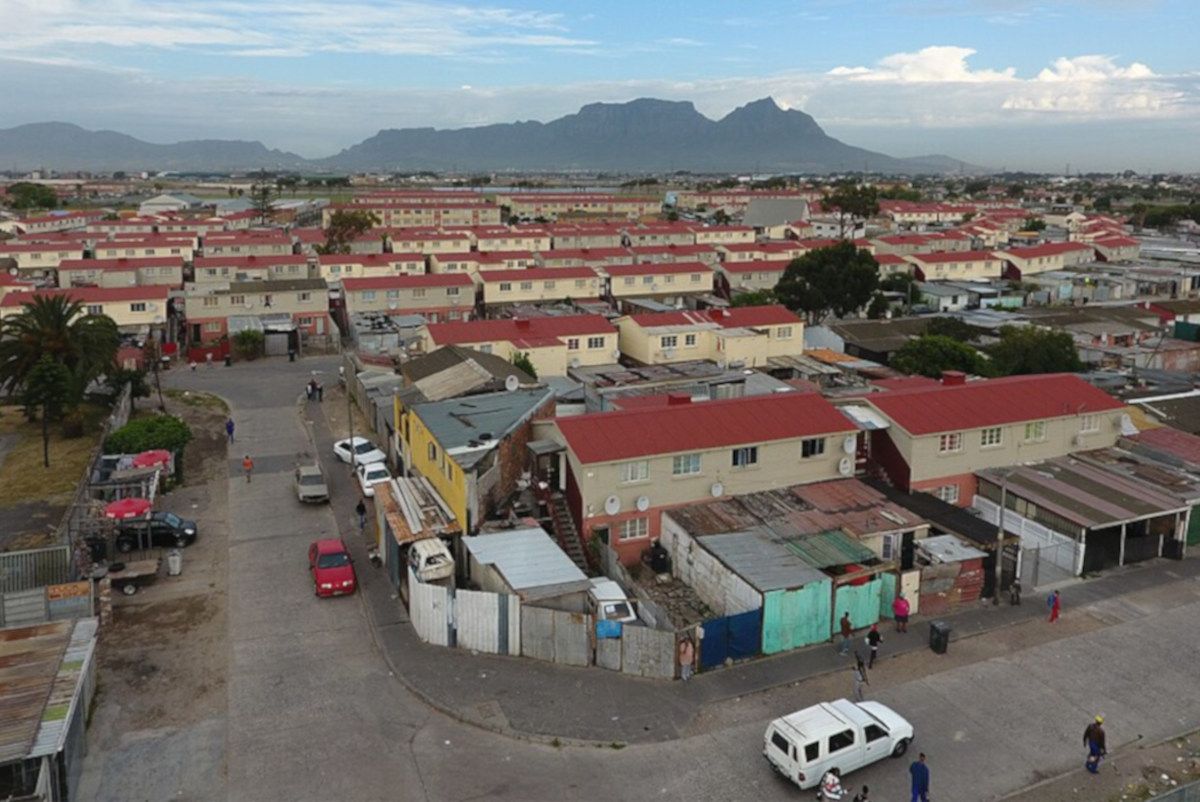Cape Town’s most vulnerable communities remain gripped by a wave of violent crime, with the latest national crime statistics revealing a troubling pattern of bloodshed in the city’s townships.
According to the South African Police Service (SAPS), four of the five deadliest police precincts in the country between January and March 2025 are located in the Mother City: Delft, Mfuleni, Philippi East, and Nyanga.
Inanda in KwaZulu-Natal topped the national list for murders, but Cape Town’s townships continue to bear the brunt of a crisis fuelled by gang violence, systemic poverty, and under-resourced policing.
In particular, Philippi East, Delft, and Mfuleni saw sharp increases in murders this quarter, while Nyanga, once dubbed the “murder capital” of South Africa, saw a 12.5% decline – a small but significant improvement.
Murder hotspots in the Western Cape
Police Minister Senzo Mchunu confirmed that the Western Cape, along with Gauteng, the Eastern Cape, and KwaZulu-Natal, recorded the highest murder rates in the country.
In Cape Town, the Cape Flats continues to be ground zero for gang-related violence.
In April alone, 90 people were killed and over 110 injured in shootings, stabbings, and brawls, according to Ian Cameron, chairperson of Parliament’s Portfolio Committee on Police.
“People are being hunted down in their homes. It’s a war zone,” said Abie Isaacs, chairperson of the Cape Flats Safety Forum.
“We don’t need another promise – we need real action.”
Authorities promise action amid growing criticism
Minister Mchunu has pledged a ramp-up in police presence, announcing that more than 5 500 new officers will be deployed countrywide later this year, with many destined for Western Cape hot spots.
Two SAPS graduation rounds are scheduled for August and November 2025.
Additionally, the ministry plans to expand forensic infrastructure, increasing lab capacity to address long-standing backlogs in case processing and evidence analysis.
Still, activists and residents argue that increased policing is not enough.
They demand systemic change, including investment in housing, education, youth employment, and social services.
Calls for a judicial commission
Cameron and other civil society leaders continue to call for a judicial commission of inquiry into gang violence.
“We cannot police our way out of this crisis,” Cameron said.
“What we need is an integrated strategy that treats violence as both a crime and a social epidemic.”
Billionaire businessman Johann Rupert also added to the urgency last week, telling US officials that South Africa’s spiraling crime, particularly in Cape Town, is eroding investor confidence and public trust.
For now, residents of the Cape Flats live under siege, with many too afraid to speak out or walk freely in their own neighbourhoods.
As one community leader put it, “The stats are bad, but what’s worse is that behind every number is a family broken, a future stolen.”
Without comprehensive reform that addresses both policing and deep-rooted socio-economic inequality, many fear that the country’s murder capital will remain just that.
Have you ever experienced violent crime first-hand?
Let us know by leaving a comment below, or send a WhatsApp to 060 011 021 1
Subscribe to The South African website’s newsletters and follow us on WhatsApp, Facebook, X and Bluesky for the latest news.
